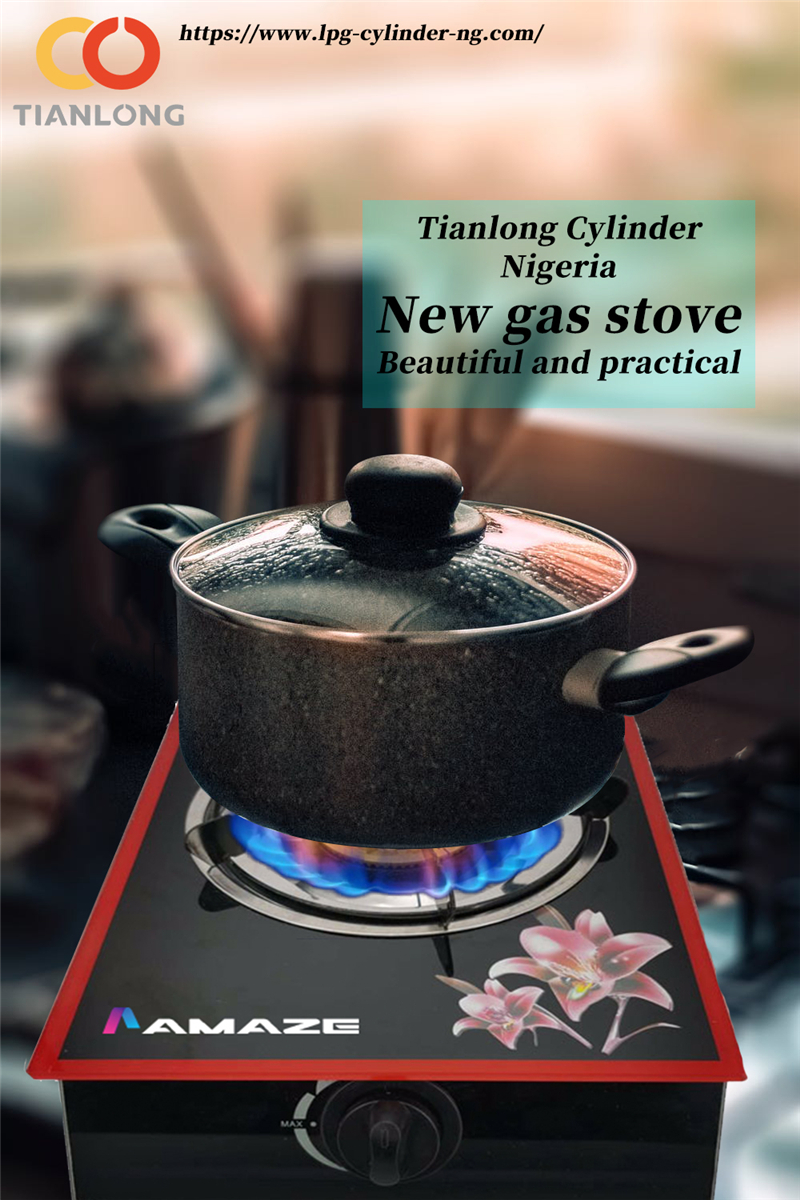Liquefied petroleum gas is one of the main fuels we usually use for cooking. When we use liquefied petroleum gas, we should use it in a standardized and correct way, so as to avoid trouble. Now we will introduce some common sense of liquefied petroleum gas.

1. Can some kind of fire source ignite and detonate liquefied petroleum gas?
Liquefied petroleum gas belongs to the first-class combustible gas, with low ignition energy, and extremely small fires, such as ignited match heads, red wire, sparks from electrical switches, static sparks, sparks from friction, and automobile exhaust pipe sprays. The sparks that come out can ignite and detonate liquefied petroleum gas.
2. Is LPG corrosive to containers? What is the harm?
Since the liquefied petroleum gas contains a certain amount of sulfide, the sulfide can chemically interact with the iron atoms on the inner wall surface of the container to produce ferrous sulfide, which adheres to the inner surface of the container, so it has an effect on the container. Corrosion.
Its corrosive effect can continuously thin the walls of the container, reduce the pressure strength of the container, and cause the container to form penetrating defects and cause an explosion; at the same time, the produced ferrous sulfide powder will be deposited on the bottom of the container. If this kind of powder is poured out with the residual liquid, or a large amount of air enters the empty liquid container, it can oxidize with the oxygen in the air, exothermic and ignite itself.
3. Why is liquefied petroleum gas easy to generate static electricity? What is the harm?
Because liquefied petroleum gas is a mixture of heavy hydrocarbons and contains a small amount of sulfide and other impurities, it has a high electrical resistivity. Therefore, when the liquefied petroleum gas is sprayed from the container at a high speed, it will contact the container nozzle, nozzle, and rupture. There is strong friction with the air, generating an electrostatic voltage of several thousand volts. According to measurements, when the electrostatic voltage is greater than 350V, the discharge spark can cause the liquefied petroleum gas to burn and explode.
4. Why does liquid LPG easily expand when heated? What is the harm?
Because the liquefied petroleum gas is a gas under normal temperature and pressure, it is compressed and liquefied under the conditions of low temperature or high pressure. It is stored in a pressure vessel and has the properties of thermal expansion and contraction, so it is easy to expand, and its thermal expansion coefficient Very large, about 10-16 times that of water. The liquid volume of the liquefied petroleum gas stored in the cylinder increases by about 0.3-0.4% for every 1°C increase in temperature. Since the liquefied petroleum gas is easy to expand when heated, it is extremely prone to explosion accidents if the steel cylinder is exposed to a heat source or overfilled.
 2020-11-03
2020-11-03
 2020-11-03
2020-11-03
 2020-11-03
2020-11-03
 2020-11-03
2020-11-03
Add:
WIHU Avenue,By ENYO Filling Station Km6,Lagos-Ibadan,express-way,Isheri-Oke,Ogun State,Nigeria
Phone/Whatsapp
+234 906 999 6246
E-mail
mike@tllpg.com